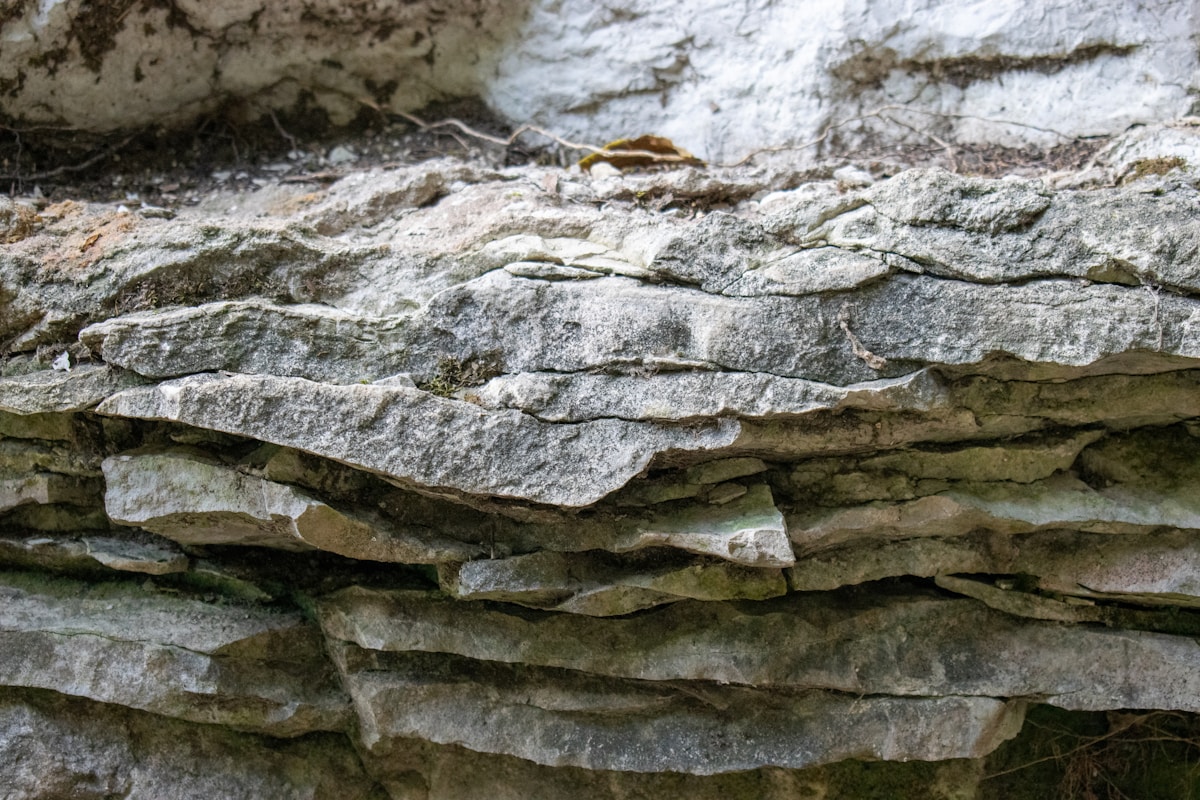Back to Industry News
Cleantech
Mati Carbon Scales Low-Tech Carbon Capture via Basalt
Summary generated with AI, editor-reviewed
Heartspace News Desk
•Source: Forbes

Photo by Kelsey Todd on Unsplash
Stay updated on stories like this
Key takeaways
- Houston-based startup Mati Carbon is advancing a low-tech method to remove atmospheric carbon by spreading basalt, a common volcanic rock, onto farmland
- This process, known as enhanced rock weathering, offers a dual benefit: it sequesters carbon for millennia and enriches soil, leading to an average 20% increase in crop yields for subsistence farmers
- The company's successful dual-benefit model, which generates revenue from selling carbon credits, recently secured the $50 million grand prize in the XPRIZE carbon removal competition
Houston-based startup Mati Carbon is advancing a low-tech method to remove atmospheric carbon by spreading basalt, a common volcanic rock, onto farmland. This process, known as enhanced rock weathering, offers a dual benefit: it sequesters carbon for millennia and enriches soil, leading to an average 20% increase in crop yields for subsistence farmers. The company's successful dual-benefit model, which generates revenue from selling carbon credits, recently secured the $50 million grand prize in the XPRIZE carbon removal competition.
Despite its innovative approach and a significant carbon credit sale to Shopify, Mati Carbon remains in the early phases of its ambitious goal to remove 100 million tons of CO2 by 2040. The company faces substantial growth challenges, including the necessity of replicating its model across diverse communities. A key obstacle is the nascent market for high-quality carbon credits, which hinders its ability to secure the large-scale transactions required to fund expansion and achieve its long-term objectives.
Related Topics
carbon capturecleantechMati Carbonbasaltagricultural yieldsdecarbonizationstartup innovation
Never miss stories like this